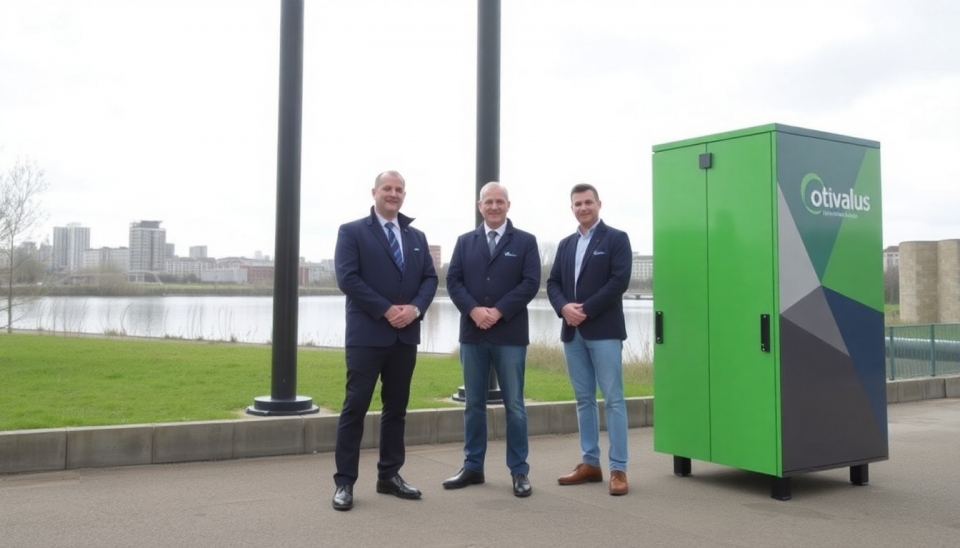
In a significant development for the UK's largest water supplier, Thames Water has been barred from using its customers' money to fund bonuses for its executives. This decision follows increasing scrutiny and pressure from regulators and consumer advocacy groups, especially in light of the company’s financial struggles and growing customer dissatisfaction with its services.
The ruling was made amid a backdrop of operational difficulties for Thames Water, which has seen its financial situation worsen substantially over the past few years. With escalating debt levels surpassing £14 billion and ongoing issues regarding leaks and wastewater management, the company has had to navigate a turbulent landscape that has raised concerns about its long-term viability.
Around the same time, Thames Water has been under the regulatory microscope, facing investigations by the Water Services Regulation Authority (Ofwat) and the Environment Agency. The scrutiny is largely due to the allegations of poor service delivery, which include frequent customer complaints about service interruptions and inadequate responses to issues raised by consumers.
Regulators emphasized that using customer funds to pay bonuses would not only exacerbate public dissatisfaction but could also undermine confidence in the regulatory framework governing essential services. The prohibitive measure is viewed as a necessary step to protect consumers from potential misuse of funds, especially during a period when many families are feeling the financial squeeze from the broader economic climate.
Despite the ruling, Thames Water stated that it remains committed to delivering improved services to its customers and reducing its financial liabilities. The company has plans in place to stabilize its operations and is hopeful that with renewed focus on cost management and operational efficiency, it can emerge from its current difficulties with a stronger footing.
This development has sparked conversations around the ethics of bonus payments in public service sectors, especially during times when service levels are not at their optimal best. Consumer groups have been vocal, calling for more accountability and transparency from utility companies and insisting that bonuses should be performance-based, reflecting the levels of service delivered.
As this situation continues to evolve, the implications for Thames Water and its customers will be closely watched. Many remain hopeful that this ruling will lead to spiraled improvements in service quality and a revitalization of customer trust, as the water supplier seeks to navigate a path forward that prioritizes the needs of its consumers over executive financial incentives.
In summary, Thames Water's challenge reflects broader concerns regarding the management of essential services and the imperative for accountability in the use of consumer funds. The focus now lies on how effectively the company can enhance its operational standards while adhering to regulatory demands in the face of financial adversity.
#ThamesWater #CustomerRights #WaterRegulation #Bonuses #ConsumerProtection #UtilityServices #UKNews
Author: John Miller


